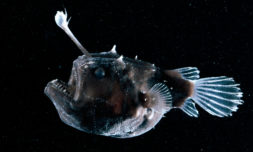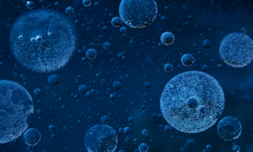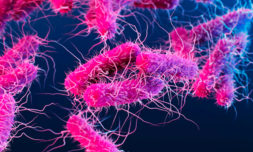Threading tiny plastic beads onto fishing nets has potential to prevent thousands of small whales, dolphins, and porpoises from drowning each year.
It’s rare to hear that adding plastic to our oceans could actually solve environmental issues, but when 300,000 cetaceans die after getting stuck in fishing nets each year, ocean scientists have become desperate for a solution.
Brainstorming began with acknowledging the echolocation that dolphins and other small whales use to navigate oceans and find their prey. The animals’ clicks and whistles are capable of travelling an impressive 2km underwater and are vital for the animals to sense obstacles that might be ahead.
But the various kinds of mesh used to fashion fishing gear can be thin and hard to detect using echolocation as they aren’t thick enough for sounds to bounce off them. With no warning signal, the animals continue ahead and end up swimming into a trap.
Using tiny spheres made of acrylic glass, marine biologists in Germany have developed a new concept that will make it easier for dolphins to detect nets and hopefully avoid encountering them altogether.





















